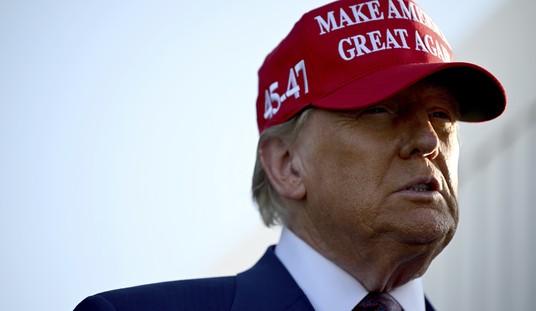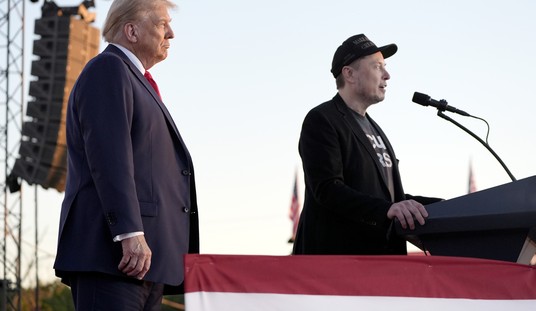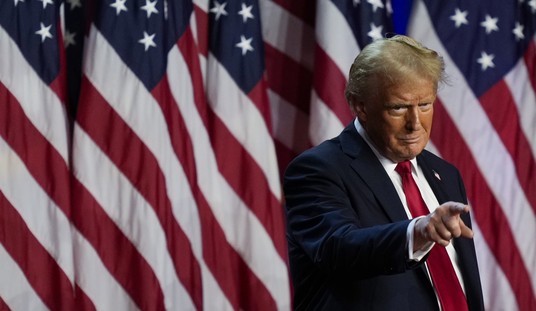According to Bloomberg, then President-elect Trump allowed the CEO of Boeing to listen in on a phone call with the Air Force general in charge of the F-35 fighter jet program. The contractor for the F-35 is Boeing competitor Lockheed Martin. If this report is true, it does nothing to assuage my concerns about Trump’s preparedness for the office or his integrity.
Days before taking office, President-elect Donald Trump made two surprise calls to the Air Force general managing the Pentagon’s largest weapons program, the Lockheed Martin Corp. F-35 jet.
Listening in on one of those calls was Dennis Muilenburg — the CEO of Lockheed’s chief rival, Boeing Co.
Trump, who has repeatedly criticized the $379 billion F-35 program as “out of control,” made the highly unusual calls to Lieutenant General Chris Bogdan on Jan. 9 and Jan. 17. Muilenburg, whose company makes a fighter jet Trump has suggested might be an alternative to the F-35, was in the president-elect’s New York office for a meeting during the second call. He appeared caught off-guard but was able to listen in on the call, according to two people familiar with the calls, who asked to remain anonymous discussing sensitive
It’s already a bit odd for a President to be communicating directly with Defense Department procurement personnel about a weapons program but this was prior to the inauguration and there was no cabinet installed yet. It is still odd that a President-elect would be focusing so much on the cost of one weapons program during his transition, odder still to do so in the presence of the contractor’s chief competitor.
General Bogdan said there was nothing problematic about the call or what may have been heard by Boeing’s CEO, but what else could he say? If he had concerns about how the call was handled he certainly couldn’t say so to the press and undercut the President publicly.
“I would consider the calls to be very straightforward. He asked a lot of very, very, very good questions because he was in the learning mode,” Bogdan said of Trump. Speaking to reporters Thursday after a congressional hearing on the F-35, Bogdan said that Muilenburg listening to the call “was not inappropriate. The things I talked about in front of Mr. Muilenburg were clearly publicly releasable information. I understand the rules.”
After speaking with Trump, Bogdan wrote two three-page memos, titled “phone conversations with President-Elect,” dated Jan. 10 and 18th and stamped “For Official Use Only,” to limit distribution, according to the people. The memos outlined Trump’s questions about the capabilities of Boeing’s Super Hornet fighter and how it might compete against Lockheed’s F-35C. About a dozen Pentagon officials were alerted to the calls after they occurred, the people said.
Why would Trump be making calls about a Lockheed Martin contract while meeting with the CEO of Boeing? Under normal circumstances a federal procurement program would be setting itself up for protests and legal challenges by even creating the appearance that the government is sharing sensitive information with a contractor’s competitor. At the very least, this is incredibly bad form and puts all sides in an uncomfortable position.
Since winning election, Trump has emphasized his experience in real estate negotiations as evidence he can get taxpayers a better deal on expensive Pentagon programs. Boeing, too, faced Trump’s wrath when he criticized potential spending on a new version of the Air Force One presidential airplane. But Trump’s calls to a uniformed program manager to discuss a contract that was completed 16 years ago were unprecedented and potentially disruptive, said a defense analyst.
“When a president ignores the chain of command by going directly to a program manager, it creates chaos in the system,” said Loren Thompson, an analyst with the Lexington Institute in Arlington, Virginia, who’s followed the F-35 program since Lockheed beat Boeing in the winner-take-all contract in October 2001.
One can debate how well they work, but there are rules involved with federal contracts that don’t apply in private sector real estate wheeling and dealing. Trump’s approach here is unorthodox, to put it charitably.
Strong-arming vendors and playing one against the other are probably very effective in the private sector, but they don’t require a great deal of honesty or trustworthiness. In the public sector such tactics can get you in hot water. What happens when vendors have the President’s ear more often than those who manage their contracts? Does anyone think Trump isn’t likely to make promises to a CEO without considering the chain of command or procurement rules? I wouldn’t bet on him avoiding that pitfall.













Join the conversation as a VIP Member